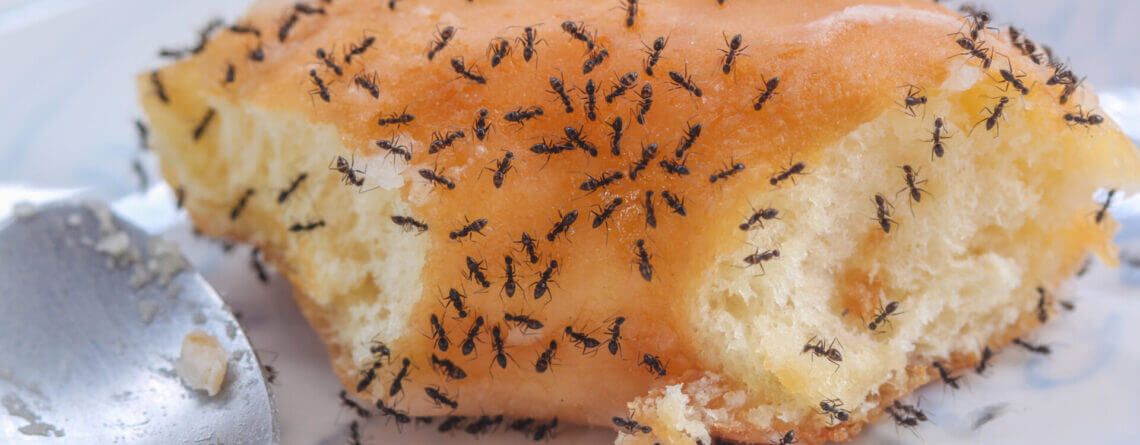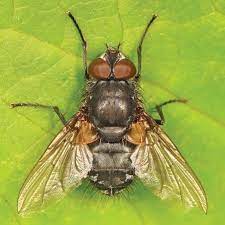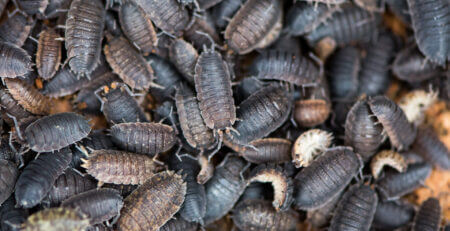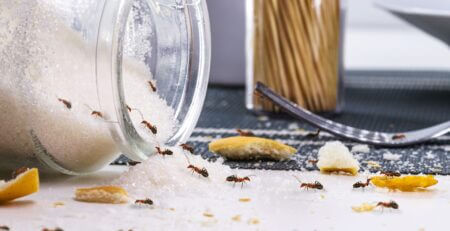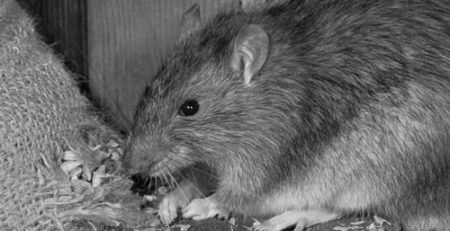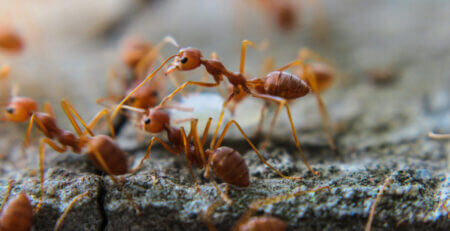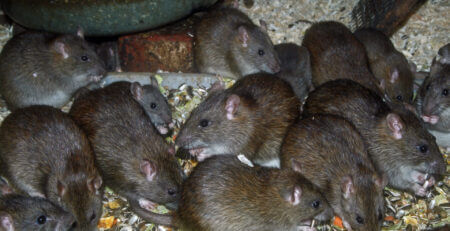The Impact of Ant Infestations on Health and Safety
Ant infestations can have more than just a nuisance factor; they can also pose risks to health and safety. Understanding the potential health risks associated with ants is crucial for taking appropriate measures to protect your home and family. In this article, we will explore the impact of ant infestations on health and safety. We will discuss the health risks associated with ants in your home, the allergies and diseases they may spread, the aggressive nature of fire ants and their stings, and the risks and solutions regarding ant infestations in food storage areas.
Health Risks Associated with Ants in Your Home
While most ants are not directly harmful to humans, their presence can still impact your health. Here are some health risks associated with ants in your home:
Bites and Stings: Certain ant species, such as fire ants, can bite or sting humans, leading to pain, itching, and potential allergic reactions.
Contamination of Food: Ants can contaminate food and preparation areas, leading to potential foodborne illnesses.
Structural Damage: Ants, such as carpenter ants, can damage wooden structures, potentially compromising the integrity of your home.
It is essential to address ant infestations promptly to mitigate these health risks.
Allergies and Diseases Spread by Ants
Ants can also be carriers of allergens and diseases. Here’s what you need to know:
Allergies: Ants can trigger allergic reactions in some individuals. Their bites or stings can cause localized allergic reactions, ranging from mild itching to severe allergic responses requiring medical attention.
Asthma Triggers: Ants can release airborne particles that act as asthma triggers, potentially exacerbating respiratory symptoms in individuals with asthma.
Pathogens: Although rare, ants have the potential to spread pathogens, such as bacteria and parasites, which can lead to diseases.
Individuals with allergies or respiratory conditions should be particularly cautious in the presence of ant infestations.
Fire Ants: Understanding Their Aggressive Nature and Stings
Fire ants, known for their aggressive behavior and painful stings, deserve special attention. Consider the following:
Aggressive Nature: Fire ants are territorial and defend their nests aggressively. Disturbing their nests can result in multiple ants attacking simultaneously, posing a risk to humans and pets.
Painful Stings: Fire ant stings cause immediate pain, swelling, and the formation of pus-filled blisters. Some individuals may experience severe allergic reactions to fire ant stings, requiring urgent medical care.
Outdoor Threat: Fire ants are commonly found in outdoor areas, such as gardens and yards, making outdoor activities potentially hazardous.
Understanding the nature of fire ants and their stings can help you take precautions to avoid encounters and mitigate their impact.
Ant Infestations in Food Storage Areas
Risks and Solutions: Ants in food storage areas can contaminate your food and pose significant health risks. Consider the following:
Contamination: Ants can contaminate food with their waste, body parts, and bacteria they carry from unsanitary locations.
Foodborne Illnesses: Consumption of food contaminated by ants can lead to foodborne illnesses, resulting in gastrointestinal symptoms such as nausea, vomiting, and diarrhoea.
Solutions: Proper food storage is crucial in preventing ant infestations in food storage areas. Seal food containers tightly, clean up spills promptly, and maintain a clean and sanitary environment.
You can reduce the risks associated with ants in your food storage areas by implementing proper food storage practices and addressing ant infestations promptly.
Conclusion:
Ant infestations can have significant implications for health and safety. Understanding the health risks associated with ants in your home, such as bites, stings, food contamination, and structural damage, is essential for taking proactive measures. Additionally, ants can carry allergens and potentially spread diseases, particularly for individuals with allergies or respiratory conditions. Fire ants, known for their aggressive nature and painful stings, require special attention and caution. Moreover, ant infestations in food storage areas can contaminate food and lead to foodborne illnesses. You can mitigate the health risks associated with ant infestations by implementing proper prevention measures, such as prompt extermination, proper food storage, and maintaining a clean environment. If infestations persist or pose significant health concerns, consulting with professional pest control services is advisable. Protecting your home and ensuring the well-being of your family is paramount in maintaining a safe and healthy living environment.

